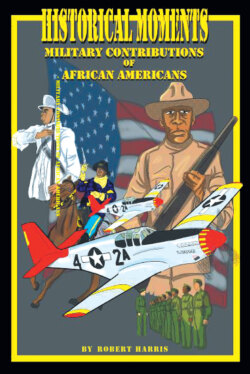Читать книгу Historical Moments: Military Contributions of African Americans - Роберт Харрис - Страница 12
На сайте Литреса книга снята с продажи.
ОглавлениеBattle of New Orleans
During the war of 1812, about one quarter of the American naval squadron at the battle of Lake Erie were black. There is a portrait depicting this that hangs in the nation’s capital.
At the Battle of New Orleans, Andrew Jackson issued a call for black troops early in the fall of 1814, promising free blacks the same wages as white troops and freedom for all slaves. Jackson visited a plantation owned by a Calvin Smith, and when he left, five hundred slaves left with him all with Jackson’s promise of freedom. Among them was a slave by the name of James Robert. After the British had been defeated, Jackson ordered all black troops out of the city at the request of the white residents who were fearful of armed black troops. Jackson also reneged on his promise of freedom for the slaves, returning them to their owners. When Robert confronted Jackson about his promise of freedom for the slaves, the white people of New Orleans said that he should be shot for his audacity. Later in his slave narrative (1858), Robert wrote, “Had my gun been loaded, Jackson would have been a dead man.”
The British offered freedom to any slave who would join their forces against the colonists. Vice Admiral Warren was ordered to take aboard any of his ships any black who asked for assistance. Warren was to receive these men as free men and not as slaves and send them to any of the English colonies.
